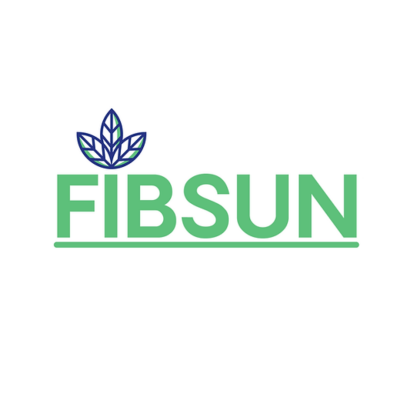
FIBSUN
Novel fibre value chains and ecosystem services from sustainable feedstocks

Novel fibre value chains and ecosystem services from sustainable feedstocks
Novel fibre substrates are needed to replace conventional materials and reduce the pressure to use woody biomass to the extent that the carbon sink of forested land is put at risk FIBSUN looks to optimise all aspects of novel bio-based fibre value chains – from cultivation practices and industrial processes to business models and understanding of consumer needs. In order to avoid clearing of forests or compromising agricultural production, it uses degraded soils and marginal land to cultivate biomass feedstocks.
FIBSUN will develop solutions for the construction, automotive and textile industries. Industrial processes demand optimisation with regards to energy and feedstock use.
FIBSUN will study key factors for assessing the sustainability of biorefineries: feedstock types, conversion technologies and their respective conversion and energy efficiencies, manufactured product types (including co-products), and what products can be substituted by biobased products. In fact, exploitation of novel biomass types has the potential to revitalise areas suffering from socioeconomic difficulties caused by land degradation and pollution caused by conventional industries.
FIBSUN’s objective is to support the development of resilient and competitive production systems and enhanced provision of ecosystem services from degraded soils by fostering the growth of five sustainable fibre value chains. To this end, it aims to:
provide sustainable biomass for industrial biorefineries from land that is abandoned or unsuitable for mainstream agriculture;
increase the sustainability of processing and exploitation methods for five fibre feedstocks – hemp, wood, thistle, cattail and reed – by developing products for the construction, automotive and textile sectors: insulation rolls and boards, composites for cars, concrete and yarn;
develop novel fibre substrates by measuring the properties and performance of the piloted products and improving them based on feedback from users in different value chains;
boost the competitiveness of the EU bio-based sector by fine tuning all parts of the five value chains to make them fully functional and resource efficient;
raise public awareness of the impact of natural resource use on ecosystem services and ascertain consumers’ willingness to change their consumption habits.
FIBSUN will contribute to sustainable land use by:
paving the way for novel crops and cultivation methods that increase agricultural diversity and revitalise abandoned land and degraded ecosystems;
initiating land-use changes leading to carbon sequestration in and reduction of greenhouse gas emissions from soil;
supporting rewetting of drained peat soils and reducing the need for biomass production on cropland.
In economic terms, the project will:
enhance provision of green biomass for different types of biorefinery and show how underexploited feedstocks can make high-quality, sustainable fibres;
develop processing methods for fibre substrates to foster innovation in the fashion, automotive and construction industries;
improve the performance of specific value chains, paving the way for a transition to a sustainable, competitive, resource-efficient bio-based sector;
show how current production processes can be improved using machine learning and encourage industry to adopt such practices;
bring socio-economic benefits, including job creation, especially to rural areas.